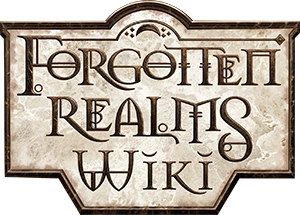Maxperson
Morkus from Orkus
D&D is an exceptions based system. Things can't be done........until they can be. The only way I can fail is if the DM deliberately prevents me from being able to, invalidating my agency.But there aren't exceptions to literally everything. It is in fact extremely important to many things that this be true. Some things are just...true. There just isn't an exception.
It did before it was destroyed. I go back and get it.Because the artifact doesn't exist anymore? Because the material cannot be reproduced?
Which of those are D&D? None that I can see.The Silmarils were unique and irreplaceable. The One Ring was unique and irreplaceable. Callandor was unique and irreplaceable. Karsus' Folly cannot be reproduced, because the foundations upon which it depended no longer exist. Some things just...can't be made a second time, no matter how much we might wish that to be otherwise.
Yes, it's true that OTHER games can have things that can't be undone. D&D just isn't one of those unless the DM goes out of his way to prevent a way from being discovered.
It may be that bad rolls, an inability to come up with ideas, etc. might keep me from succeeding, but in an infinite cosmos with exceptions to everything out there somewhere, it's possible unless the DM removes player agency.
There are spells in editions of D&D that do it to varying degrees. So out there somewhere is a time god, time titan or something new that can do it.Why would you presume time travel exists? That's absolutely not a justified assumption.
Heck, this is in the Forgotten Realms.

Time conduit
Time conduit was an incredibly rare, powerful chronomancy spell that allowed the creation of a very short-lived portal backwards through time.[1] It caused items that were anachronisms in the destination time to be removed, only restored to existence on the bearer's return to his or her own...
And this...
"The Realms were home to at least five time gates, permanent portals that allowed for time travel"
An exception to everything is out there somewhere.







